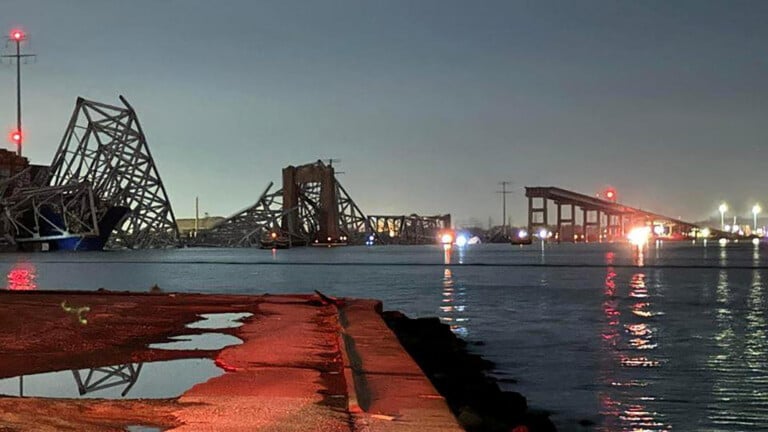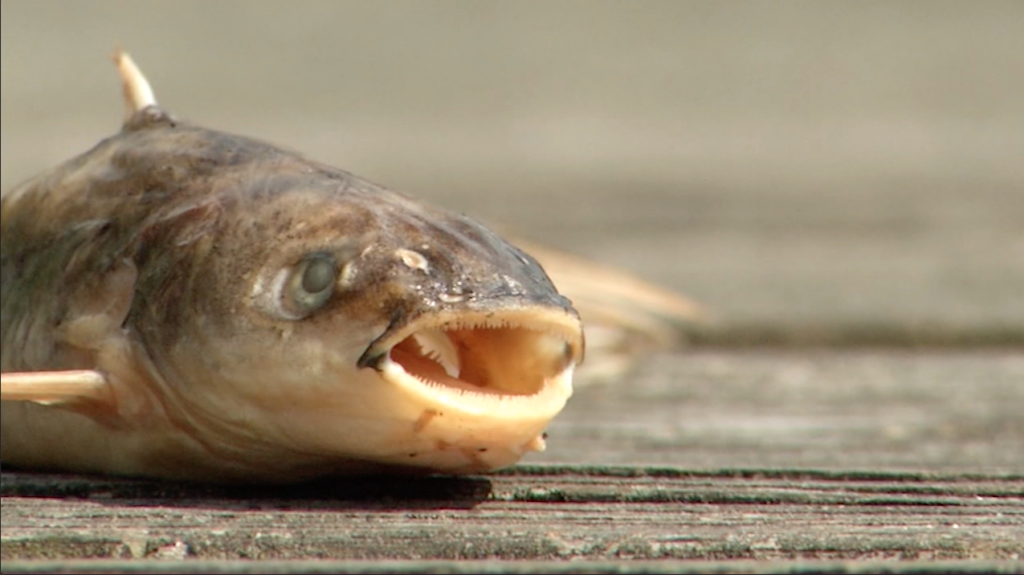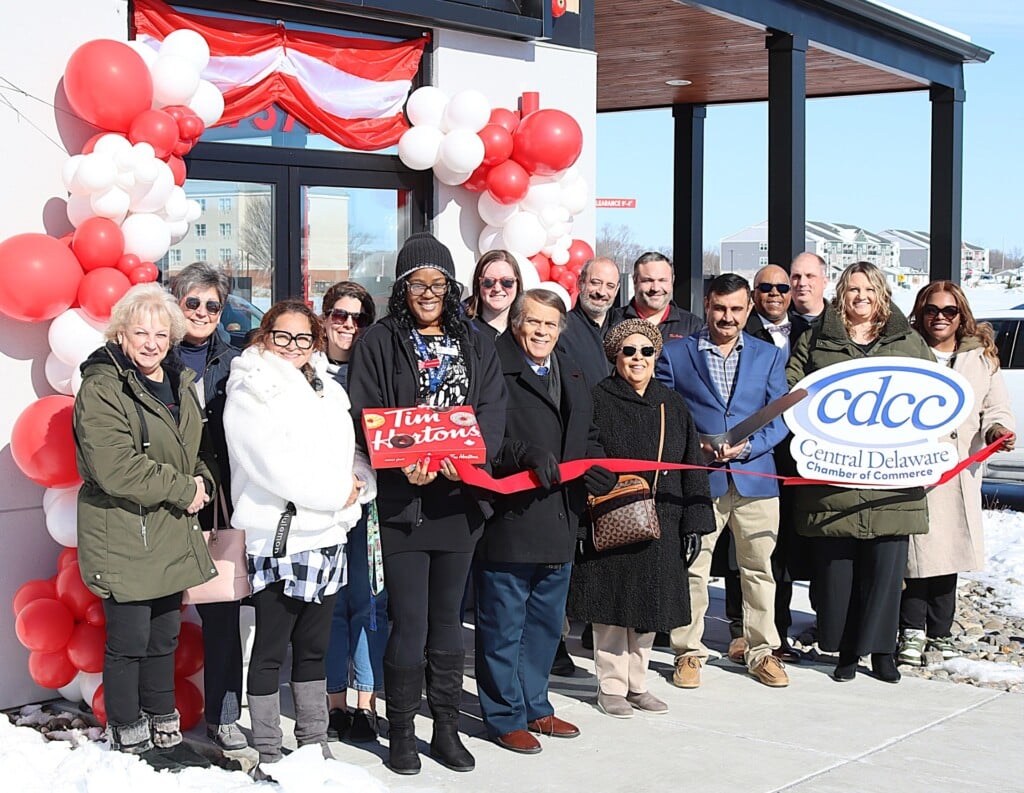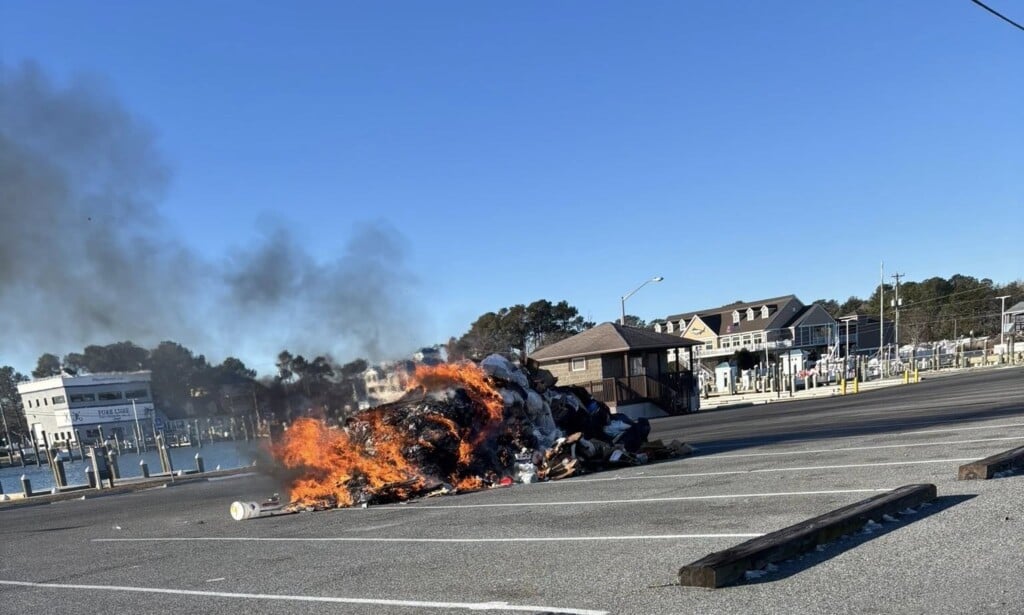UMES professor weighs in on how the Francis Scott Key bridge collapse could impact the agriculture industry

PRINCESS ANNE, Md. – In the days following the catastrophic collapse of the Francis Scott Key bridge in Baltimore, the nation is feeling the impacts.
On the Eastern Shore, UMES professor of agriculture economics, Dr. Stephan Tubene, said the agricultural industry will be one of the first to feel the aftermath.
“If the channel is not open in time, I would say in the next three months or five months, then in the long run, it will have impact on the agricultural equipment that farmers will need,” Dr. Tubene said.
One of Dr. Tubene’s main concerns is the cleanup effort. If the channel isn’t cleared of bridge debris in time, ships will have to turn to other ports for import.
The expert said the longer it takes to clear the wreckage, the costlier it will become for farmers, who in turn will have to up their prices.
“Any shortage of input for producing, farmers will be affected, because that input will be more costly,” Dr. Tubene said. “When that cost of production is more high, farmers will absorb that. They will have to transfer the cost to the consumers.”
Despite all of the foreseeable setbacks, Dr. Tubene is confident in the response of Maryland officials.
“Officials are committed. The governor came very boldly saying we are Maryland strong, so we’ve been through many disasters, so we will get through this one,” Dr. Tubene said.


